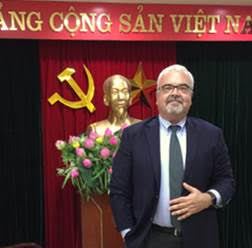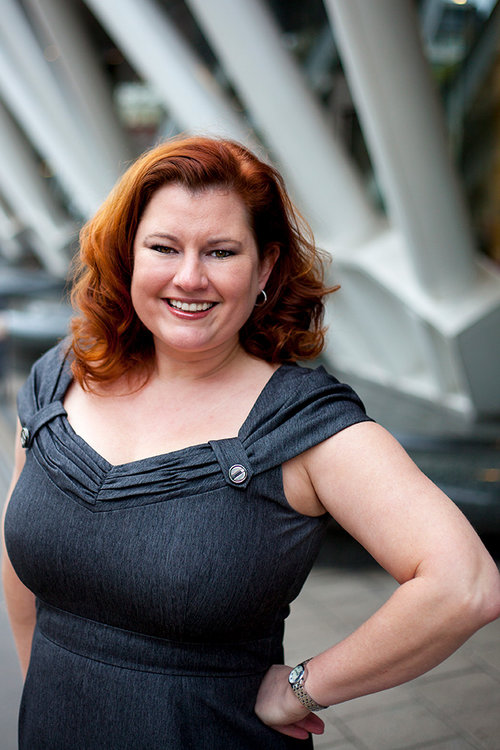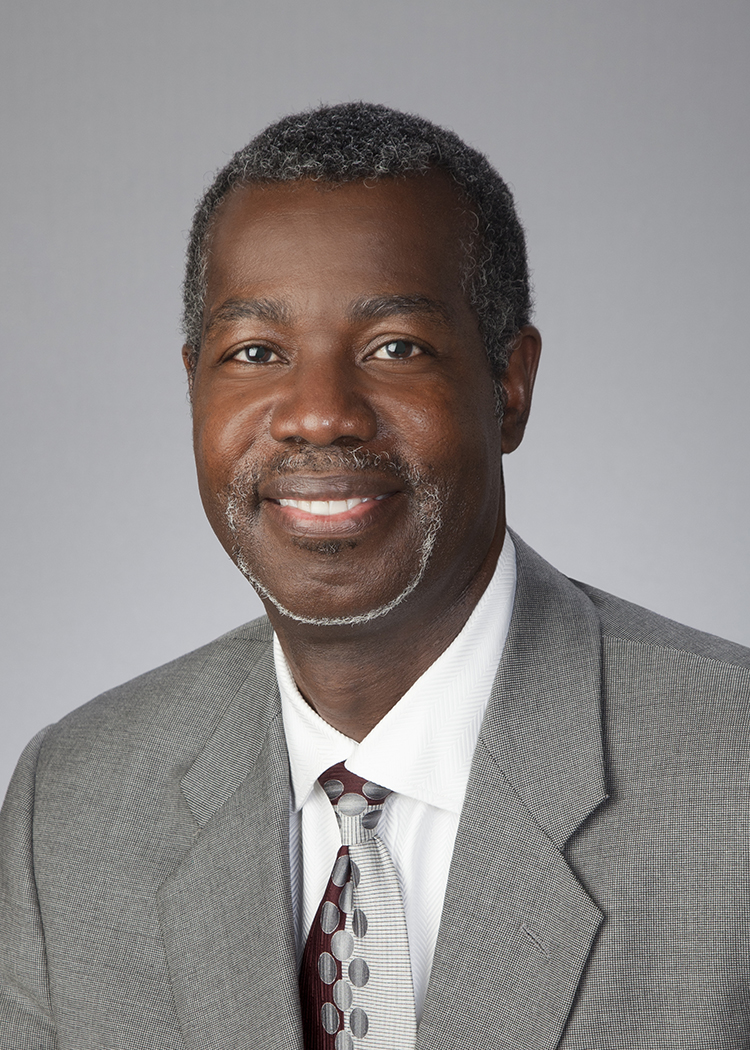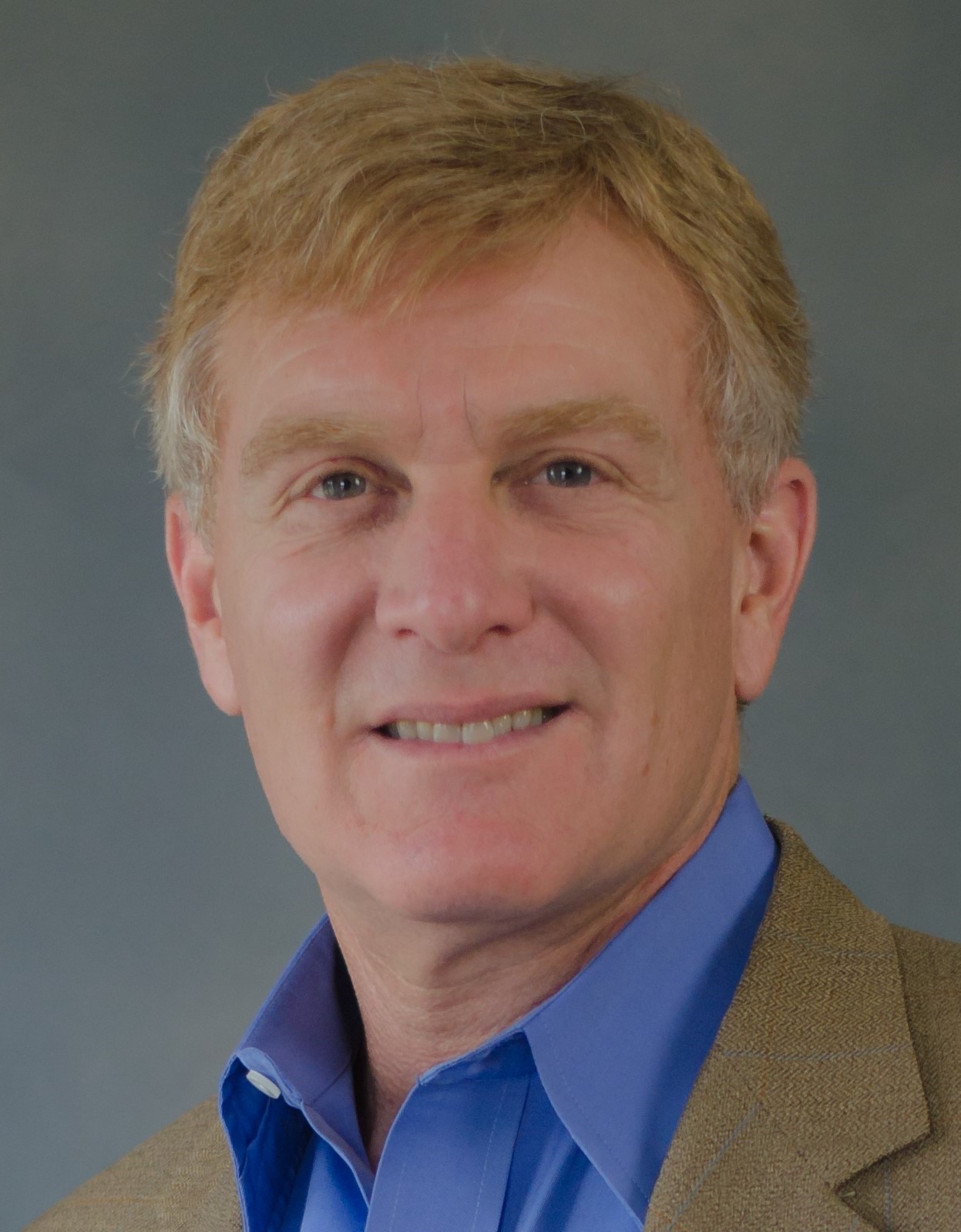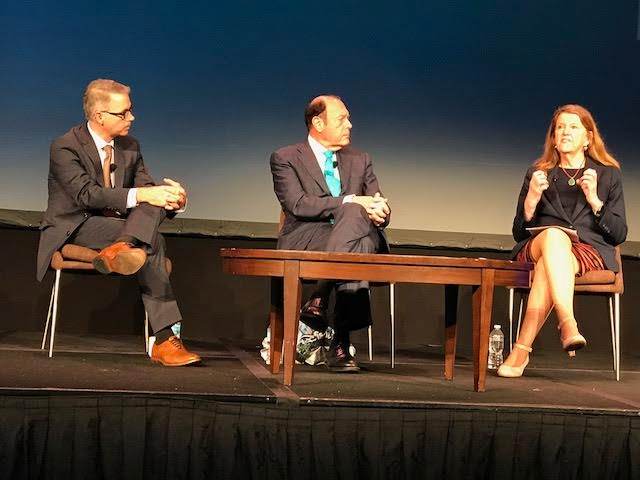The Future of Regulation: The FCA's Reg-Tech Leader, Nick Cook
Jo Ann Barefoot
What if regulation, as we know it, might disappear? Regulation will never stop, of course, but what if some of it will take on a new form, shaped by technology? What if we’re entering into a new era of what we could call “digitally-native” regulation, that’s as agile and intuitive about regulation as digitally-native consumers are about consumer technology?
Of all the shows we’ve ever done, I think this is the most mold-breaking and thought-provoking. My guest comes from the agency that is leading the world in modernizing financial regulation for the digital age, and he leads the team that’s doing it.
Nick Cook is the head of Regtech and Advanced Analytics for the United Kingdom’s Financial Conduct Authority. The FCA’s innovation leadership is world-renowned, especially for their Project Innovate and its “regulatory sandbox,” which allows careful testing of new financial technology that could benefit consumers. Less well-known, though, is a newer initiative, launched about 16 months ago, to explore regtech.
As we’ve discussed in other shows, the term “regtech” is used in two ways. It refers both to regtech for regulators -- technology to enhance their own activities, and to regtech for the industry, to improve or streamline regulatory compliance. The FCA is working on both halves of this equation, and true to form, they’ve invented an innovative way to explore it. They aren’t using a sandbox for regtech (although the Bank of England has a sandbox-like “Fintech Accelerator”). Instead, Nick’s team has been convening what they call “tech sprints.” They invite a diverse set of participants -- banks, fintechs, tech companies, lawyers, consultancies, academics and others -- to come together for problem-solving exercises designed like hackathons. Sometimes for a day or two, and sometimes longer, they work on how new technology could be applied to a regulatory challenge like “digitizing” the rule book or streamlining regulatory reporting.
Nick and I recorded this discussion at the Regtech Enable conference in Washington in December, where he had just shared an update on their work from the stage. At the time, they were in the midst of a two-week sprint that had two objectives.
The first is to try to make regulatory reporting requirements “machine-readable,” and therefore much easier to navigate, including for innovative companies that often struggle just to know what rules apply to them.
The second -- even more profound -- is to explore whether some regulations can also be made “machine-executable” -- could regulatory guidance, in some cases, be issued in the form of computer code, and therefore be self-implementing?
This is an idea that’s been under discussion for about a year, including at a regtech roundtable I hosted last spring as a Senior Fellow in the Harvard Kennedy School Center for Business and Government. The same conversations have included a second concept the FCA is also pursuing, namely that new, high-tech regulation should be introduced gradually and should be optional for the industry. Gradual rollout would enable policymakers to start small and learn, while voluntary adoption opens up a practical road to changing our complex system with minimal disruption.
The FCA’s tech sprint on machine executable reporting ended a few days after we recorded this podcast. They will be sharing its results in the coming months, so be sure to watch for it!
Let’s step back and think about what’s underway here. Finance is being transformed from analog to digital design. And, right behind it, so is regulation. Digitization will do for both -- for finance and financial regulation -- what it does for everything else. That is, it will make them faster, better, and cheaper, and will create a new foundation on which people will innovate further, in ways we cannot yet envision.
A striking thing about my talk with Nick is how different he sounds from traditional regulators. It’s hard to put your finger on exactly why, but I think it’s mainly the comfort he displays with uncertainty. The same trait was evident in my earlier podcast with Christopher Woolard, who heads the FCA’s innovation strategy. Somehow this agency manages to be simultaneously bold and humble. They know they don’t have this all figured out. They even know they can’t figure it out by themselves. But they also know they can move forward, and that the way to do so is by engaging a community of diverse experts to work together. As Nick says, that can be scary, but the risks come way down, for regulators and everyone else, when solutions are developed collaboratively by people who believe in its potential to make regulation better.
I hope this episode finds its way to many regulators, including those in the US where our agencies are actively exploring innovation agendas. Nick says regtech should be easier for regulators than fintech change is. For one thing, the companies leading it are generally not regulated entities, which makes them easier to work with. In addition, no consumers are affected by regtech experimentation. It’s about how the regulators can do their own jobs better, and/or can enable financial companies to do the same. As he puts it, regulators can, therefore, put “a toe in the water,” in regtech, and then move forward.
My friend Andrew Burt of Imuta and Yale Law School helped design the FCA’s December sprint and has put out a white paper on it. And here is the FCA’s great video on how tech sprints work.
So, I’m not naive. I’ve been a bank regulator, a U.S. Senate staffer, and I’ve worked in regulatory compliance for decades. Technology won’t magically make regulation easy. These solutions won’t fit some types of regulation, and where they do fit, they will inevitably create new problems. We all know all that.
Still...Digitally-native regulation. Think about it.
More on Nick Cook
Nick leads the FCA’s RegTech activities, including the FCA’s TechSprint events - the first events of their kind convened by a financial regulator. He is responsible for creating the FCA’s Analytics Centre of Excellence to drive the organization’s use of data science, machine learning and artificial intelligence. Nick is the FCA’s representative on the European Securities and Markets Authority’s (ESMA) Financial Innovation Standing Committee and an advisor to the RegTech for Regulators Accelerator Programme. Nick joined the Financial Services Authority (the FCA’s predecessor) in 2009, initially in its Enforcement and Market Oversight Division. Prior to joining the regulator, Nick qualified as a chartered accountant at KPMG Forensic.
Other links
- Podcast with Sanjay Jain on the “India stack” technology
- Podcast with Miles Reidy on regtech
More for our listeners
Just before Christmas, I finished my 7 week, three-continent “World Tour.” I think 2017 was the pivotal year for moving both fintech regulation and regtech toward becoming priority issues at regulatory agencies throughout the world. 2018 will take it all to the next level.
We’re starting the year with amazing shows in the queue. We’ll have a fascinating London conversation with the charismatic CEO of Starling Bank, Anne Boden; another with Innovate Finance CEO Charlotte Crosswell; and another with a group of amazing innovators working in Europe and Africa, including Ecobank. In the U.S. we’ll have one with Cross River Bank CEO Gilles Gade; with Michael Wiegand, who heads the Gates Foundation’s work on financial services for the poor; with Financial Services Roundtable CEO Tim Pawlenty; and with Nerd Wallet CEO Tim Chen...and many more!
I hope to see you at upcoming events including:
OCC Bank Information Technology Conference, January 9-12, Washington, DC
Innovate Finance Global Summit, March 19-20, London, UK
Bank Director, The Reality of Regtech, April 18, New York
Texas Bankers Association Annual Conference, May 3, Houston, Texas
Comply 2018, May 16, New York
As always, please remember to review Barefoot Innovation on iTunes, and sign up to get emails that bring you the newest podcast, newsletter, and blog posts, at jsbarefoot.com. Again, follow me on twitter and facebook. And please send in your “buck a show” to keep Barefoot Innovation going. And keep innovating!
Jo Ann




